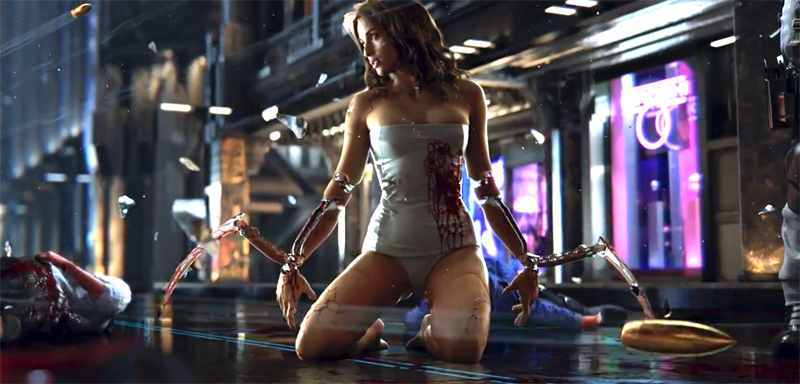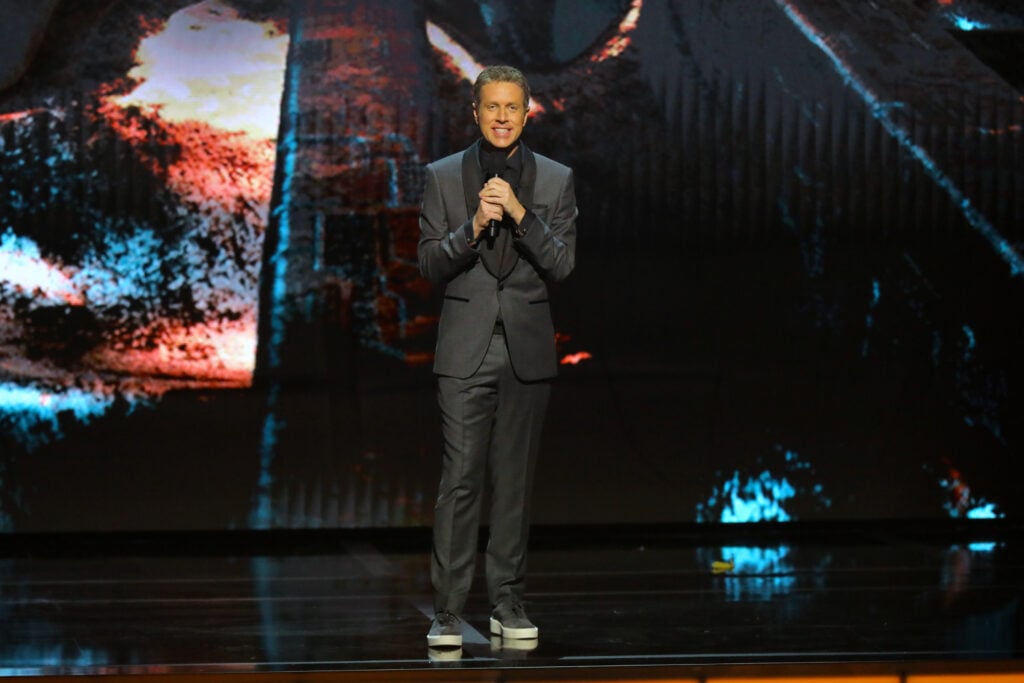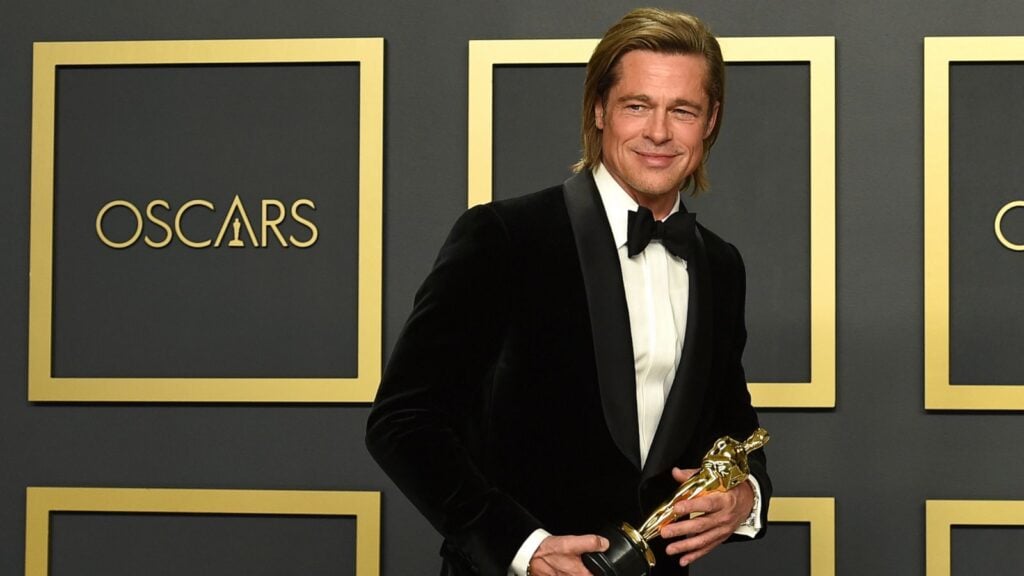

The Case Files
Ethically Questionable: Cyberpunk 2077’s Game Awards Nominations
Cyberpunk 2077 is somehow nominated for two Game Awards…
What Geoff Keighley has done for the entire industry with the Game Awards is nothing short of astounding. The show has legitimized the medium of video games, while also allowing the community a night to celebrate some of the biggest achievements in the industry. I have been a supporter of what the Game Awards have turned into and would like to see it continued in its current form, but as the medium continues to penetrate mainstream consciousness, the show must overcome new hurdles. The video game industry faces challenges unique to the medium and those challenges demand unique solutions. In an effort to best serve audiences, a discussion of controls being put in place to prevent games that have been used to actively deceive said audiences from being decorated in awards is one that becomes increasingly needed with each passing day. Considering the state in which CD Project Red’s Cyberpunk 2077 launched last December, combined with the fact that it has now been nominated for two Game Awards, Mr. Keighley has come to an impasse at which the award’s show’s ethics should be evaluated regardless of the choice made by Keighley and his team.
In case you or anyone else spent the better part of the last ten years living under a rock when it comes to video games, Cyberpunk 2077 has been kind of a big deal. The game was announced in January 2013 with a stunning cinematic teaser trailer. Any gamer that has been through the cycle of announcement, release, and disappointment naturally knew that this teaser wasn’t demonstrating what the final product would look like, but instead, it functioned as a tone promise for what the developer was intending to produce. And as a tone promise, the teaser was awesome. But at the very end, the teaser made a major misstep when the words “coming: when it’s ready” occupied the screen.

With this announcement not only had CDPR made a lofty promise of a major departure for their first post-Witcher game, but they had also spoken directly to the most hardcore of the gaming community. By announcing the release date as “when it’s ready” CDPR had effectively told the community that they were aware of the community’s frustrations with major publisher’s releasing unfinished products, while also pledging that when Cyberpunk would eventually release, it would be a highly polished, fully comprehensive experience. After nearly eight years and several delays, it would turn out that none of that unspoken promise would be true.
Upon its launch in December of last year (making it ineligible for last year’s Game Awards) Cyberpunk 2077 was riddled with problems. Bugs and glitches were everywhere and ranged from minor visual gaffes to progression-stopping failures to spawn quest givers. Performance issues made the game nearly unplayable on both the PS4 and Xbox One, hardware that had been advertised as the game’s primary platforms. And a simple failure to deliver on the level of depth and dynamic world-building and storytelling that had been promised pre-release, all made for a game that was undeniably unfinished. After panic set in at CDPR, the scope and scale of the solution for fixing the game were quickly realized and the team established a roadmap to fix the current versions of the game while also building a next-generation version of the game for the PS5 and Xbox Series consoles.
Nearly a year later, very few of the promises on that roadmap have come in a timely manner, and that’s if they’ve come at all. The next-gen version of the game was recently delayed into 2022, and the current experience on both Xbox One and PS4 remains virtually unplayable. The discussion surrounding the dangers of preordering runs rampant through almost every gaming forum across the internet and Cyberpunk 2077 has become the textbook answer as to why. And yet, despite all of this, the game has still been nominated for a Game Award in both the best score and music and best role-playing game categories. After everything that Cyberpunk and CDPR did, several people are left pondering these nominations.

A game like Cyberpunk 2077 flies in the face of what is a relatively tightly knit and devoted community. By advertising an experience, they knew they wouldn’t be able to deliver, on hardware they knew would never be able to run the game properly, CDPR continuously made decisions that were blatantly anti-consumer.
Unlike film, TV, and music, video games are software that is capable of being fixed retroactively, and often times designed under the assumption that those patches will be an integral part of the experience. When NBC aired an episode of The West Wing or when Rage Against the Machine releases a new album, not only do they never do so while operating under the assumption that it will be something that will change and grow as audiences continue to consume it over months and sometimes years, those creators release their product knowing full well that they won’t even have the option to make changes quickly. So, when CDPR released Cyberpunk as an incomplete product they were utilizing a freedom of technology that other artists in other mediums aren’t afforded. CDPR knowingly sold a half-finished game for full price to millions of people.
So how do Geoff Keighley and the Game Awards factor in? When the nominees for this year’s Game Awards were revealed and Cyberpunk had been nominated for two awards, Keighley and co. turned more than a few heads in the industry. Ethically the question isn’t simply whether or not Cyberpunk should be allowed to be nominated, but the conversation must encompass the potential ramifications of both possible outcomes.
Should Cyberpunk 2077 be allowed to be nominated?
Should Cyberpunk be allowed to be nominated, we must be willing to accept the stigma that comes with that decision. Not only does it work against the goal of legitimizing the medium, but it also sets a precedent. If we as a community are willing to purchase a half-finished game before it’s even released, realize that we had all been lied to for literally years, and then go on to decorate that game with some of the industry’s most prestigious awards, then what’s to stop other publishers and developers from taking advantage of that in the future? In the event that Cyberpunk wins those awards, CDPR will be able to honestly put “Winner of Two Game Awards” on the cover of every single reissue of Cyberpunk to deceive consumers all over again. And yes, I understand that you, the audience that is nine paragraphs into an article about ethics in video game award-giving, will always remember the debacle that was Cyberpunk, but that won’t be the case for average consumers. And if that becomes a viable profit-driving strategy then a precedent has been set for other publishers to spam that strat in the future.
But on the flip side, there is the argument that the almighty Keighley could use this as a testbed for ways of excluding less agreeable games for whatever reason. Games are rapidly growing in popularity and with that has come games that are intentionally trying to present commentary on real human issues. Celeste is a game about depression, Hellblade is a game about mental illness, and It Takes Two is about what it takes to maintain a relationship. Games have matured and as such the community would be better off defaulting to a position that allows everything for consideration rather than setting a standard in which things can be disallowed from consideration. Far Cry 5 faced its own small controversy when the developers made a statement that the game was in no way trying to make a political statement. If deliberately being non-political results in controversy, then games that are intentionally political will undoubtedly draw their own controversy as well. If we were to disallow Cyberpunk from being considered for awards based on its being controversial, then at what point will people begin to attempt to restrict art from being considered for awards in pursuit of a political agenda?
So, what is the solution? When I started writing this piece, I was planning on wrapping it up by stating that I don’t know what the solution is but simply that the situation merits discussion. But as I researched, I realized that while games face many problems unique to their medium, there is a solution to this exact problem that is not unique to its medium and is already utilized by the film industry: qualifications. The Academy of Motion Picture Arts and Sciences has a list of qualifications that must be met in order to be considered for an Academy Award. Many films don’t meet those qualifications and many that do aren’t considered, but all that do are eligible for consideration. On the Academy’s website, there is a page specifically outlining rules and eligibility. This page links to more than a dozen documents outlining the process of submission for consideration and the rules that must be adhered to in both the submission and campaign for awards. The Game Awards website has nothing even remotely similar to this page, effectively obscuring the process of both qualifications for submission and making the rules less explicit and more implicit.

The solution is in the decentralization of power and transparency of the process. As it is now, the awards are decided by a weighted voting system. A jury of roughly 100 industry individuals makes up 90% of the vote, while a public vote makes up the remaining 10%. Despite the jury of industry professionals being so small, there is no clear outline of the qualifications required to become a jury member, nor is there any clear indication as to how to become a jury member. Our outlet has attempted to contact Keighley in the past in an attempt to become the first Canadian representation on the jury but to no avail. Considering the lack of transparency in jury selection combined with no clearly defined rule set for qualification for consideration, as it stands right now, the Game Awards appear to be based on the whims of Keighley and a small group of individuals working closely with him. While it is his own organization, and in no way do I believe I have the right to tell him how to run his operation, but if the intention of the Game Awards is to continue to legitimize and celebrate the industry, then there must be steps taken toward transparency and decentralization of power.
Geoff Keighley has started something wonderful with the Game Awards. I’ve watched the show take shape over the past seven years and it has become something I look forward to every December. But the nomination of Cyberpunk 2077 emphasizes the need for radical change. The establishment of an academy analog, and clearly written unchanging rules for eligibility for consideration will be essential in the show continuing to be taken seriously in the future. It’s ironic that the game that was delayed again, almost a year after its disastrous release, could end up being the driving force for further legitimacy of the medium through formal institutionalization.

-

 Culture4 weeks ago
Culture4 weeks agoMultiplayer Online Gaming Communities Connect Players Across International Borders
-

 Features4 weeks ago
Features4 weeks ago“Even if it’s used a little, it’s fine”: Demon Slayer Star Shrugs Off AI Threat
-

 Features2 weeks ago
Features2 weeks agoBest Cross-Platform Games for PC, PS5, Xbox, and Switch
-

 Features2 weeks ago
Features2 weeks agoThe End Is Near! Demon Slayer’s Final Arc Trailer Hints at a Battle of Legends
-

 Features4 days ago
Features4 days agoPopular Webtoon Wind Breaker Accused of Plagiarism, Fans Can’t Believe It!
-

 Features3 weeks ago
Features3 weeks ago8 Video Games That Gradually Get Harder
-

 Features3 weeks ago
Features3 weeks agoDon’t Miss This: Tokyo Revengers’ ‘Three Titans’ Arc Is What Fans Have Waited For!
-

 Game Reviews2 weeks ago
Game Reviews2 weeks agoFinal Fantasy VII Rebirth Review: A Worthy Successor?
-

 Guides3 weeks ago
Guides3 weeks agoHow to buy games on Steam without a credit card
-

 Uncategorized3 weeks ago
Uncategorized3 weeks agoSleep Meditation Music: The Key to Unwinding
-

 Guides4 weeks ago
Guides4 weeks agoBest CSGO Sites with Free Bonuses
-

 Features7 days ago
Features7 days agoThe 9 easiest games of all time
























